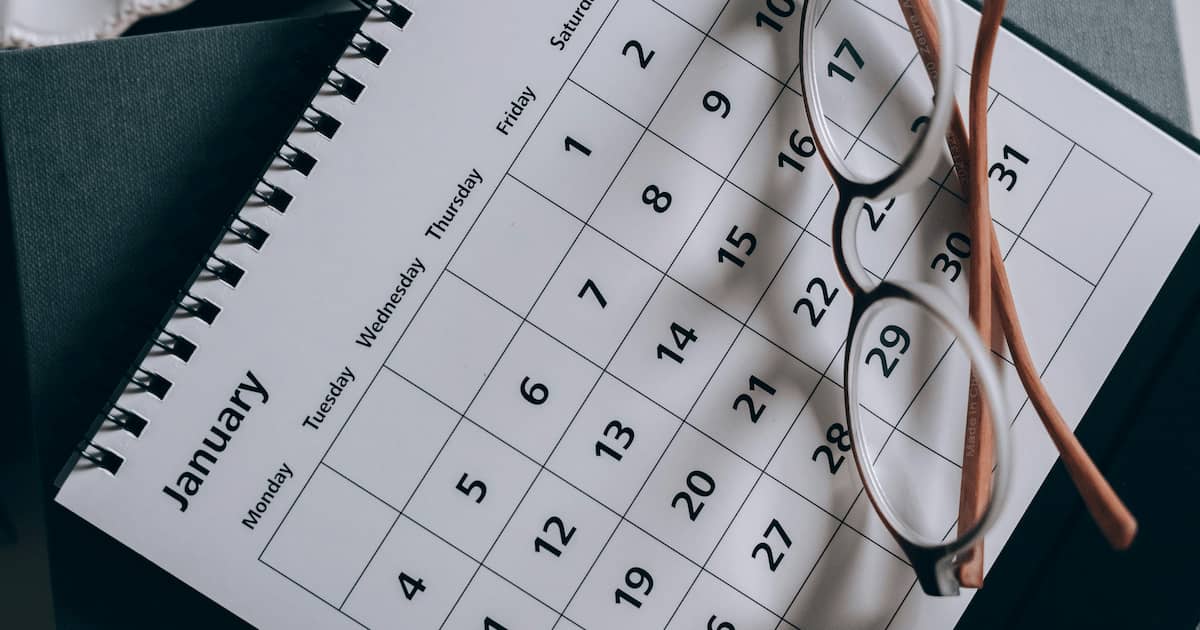Did you know that the seven days of the week were named after the seven classical planets—the Sun, Moon, Mars, Mercury, Jupiter, Venus, and Saturn?
Sun
Moon
Mars
Mercury
Jupiter
Venus
Saturn
A brief history
The tradition appears to have began with the Romans, who named the days after their gods. However, when this concept reached China, the planets were paired with the Five Phases (五行, Wǔxíng) of Chinese philosophy. Each phase—Wood (木, mù), Fire (火, huǒ), Earth (土, tǔ), Metal (金, jīn), and Water (水, shuǐ)—were associated with a planet based based on its characteristics. For instance, Mars (火星, Huǒxīng), appearing red, was linked to fire (火, huǒ). Venus (金星, Jīnxīng), often perceived as a gray/yellow, was associated with metal or gold (金, jīn). Similarly, Mercury (水星, Shuǐxīng) represented water (水, shuǐ), Jupiter (木星, Mùxīng) symbolized wood (木, mù), and Saturn (土星, Tǔxīng) corresponded to earth (土, tǔ). The Sun (日, rì) and Moon (月, yuè) were integrated into this system.
A lot of history later, while the Chinese system has since evolved, the Japanese words for the days of the week retain this celestial-elemental connection.
Days of the week
In Japanese, the days of the week have a planetary relavent prefix for e.g. 日 (sun), followed by 曜日・ようび, which means day of the week.
| Day | Kanji | Kana | Romaji |
|---|---|---|---|
| Sunday | 日曜日 | にちようび | nichiyoubi |
| Monday | 月曜日 | げつようび | getsuyoubi |
| Tuesday | 火曜日 | かようび | kayoubi |
| Wednesday | 水曜日 | すいようび | suiyoubi |
| Thursday | 木曜日 | もくようび | mokuyoubi |
| Friday | 金曜日 | きんようび | kinyoubi |
| Saturday | 土曜日 | どようび | doyoubi |
Sunday
In Japan, the first day of the week is 「日曜日」 Sunday. This is seemingly because it was believed that the sun should come before the moon.
昨日は 日曜日 でした。
Yesterday was Sunday.
Monday
The second day of the week in Japan is 「月曜日」 Monday. The kanji 「月」 represents the moon, which follows the sun.
今日は 月曜日 です。
Today is Monday.
Tuesday
The third day of the week is 「火曜日」 Tuesday. The kanji 「火」 means fire and is associated with Mars 「火星」(kasei), "the red planet".
明日は 火曜日 です。
Tomorrow is Tuesday.
Wednesday
In Japan, the fourth day of the week is 「水曜日」 Wednesday. The kanji 「水」 means water and corresponds to Mercury 「水星」(suisei).
水曜日は 休み です。
I'm off on Wednesday.
Thursday
The fifth day of the week is 「木曜日」 Thursday. The kanji 「木」 means wood and represents Jupiter「木星」(mokusei).
来週の木曜日店に 行きます。
Next Thursday I will go to the store.
Friday
The sixth day of the week is 「金曜日」 Friday. The kanji 「金」 means metal or gold and is tied to Venus 「金星」(kinsei). For a deeper look at Friday, click here.
先週の金曜日に カフェに 行きました。
Last Friday i went to a cafe.
Saturday
The final day of the Japanese week is 「土曜日」 Saturday. The kanji 「土」 means earth and corresponds to Saturn 「土星」(dosei).
私の 誕生日は 土曜日 です。
It's my birthday on Saturday.
Kanji Breakdown of 曜日
曜 has meanings of "shining object", and historically used for the classical planets. It’s not used much on its own in common words.
日: has the meanings of "day" or "Sun," referring to the passage of time, the daily cycle, or the day itself. In this context, it means "day of the week."
曜
shine, classical planet
日
day
曜日
day of the week
Related vocabulary
While learning the days of the week, it can be helpful to also know some other key time-related words that often come up in conversations about schedules and plans. These include:
- 今日 きょう (kyou) - today
- 明日 あした (ashita) - tomorrow
- 昨日 きのう (kinou) - yesterday
- 来週 らいしゅう (raishuu) - next week
- 先週 せんしゅう (senshuu) - last week
These words make it easy to talk about when something happens, whether you're chatting about your plans for tomorrow, what you did last week, or what’s happening today! Adding more context will make your Japanese feel more natural, and combining applicable vocabulary together will improve your retention and familiarity of the words.
Conclusion
If you haven’t already, check out the post on days of the week to pair these time expressions with specific days like Monday or Friday. Mastering both will help you build natural-sounding sentences in Japanese!
